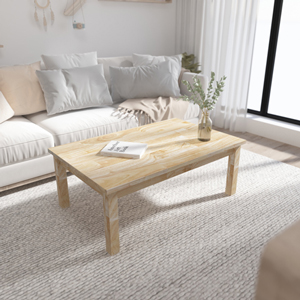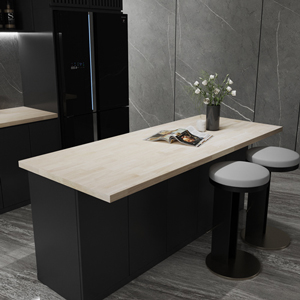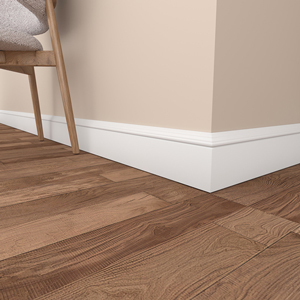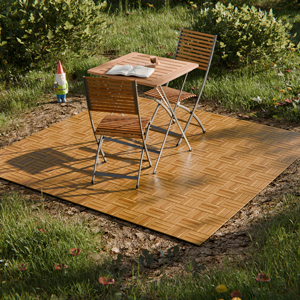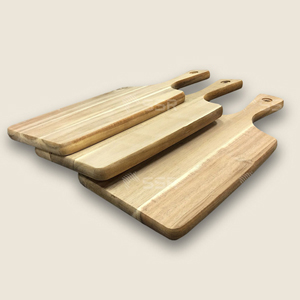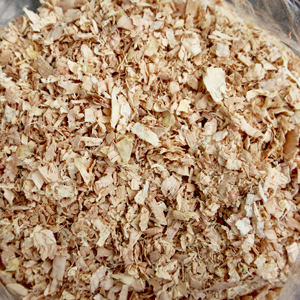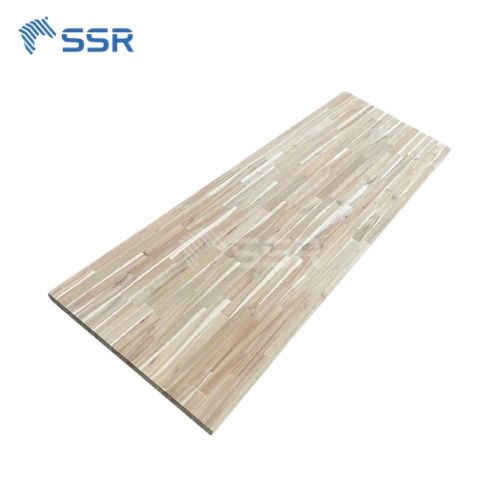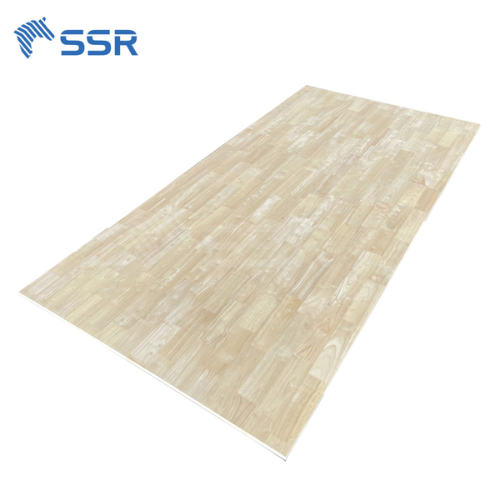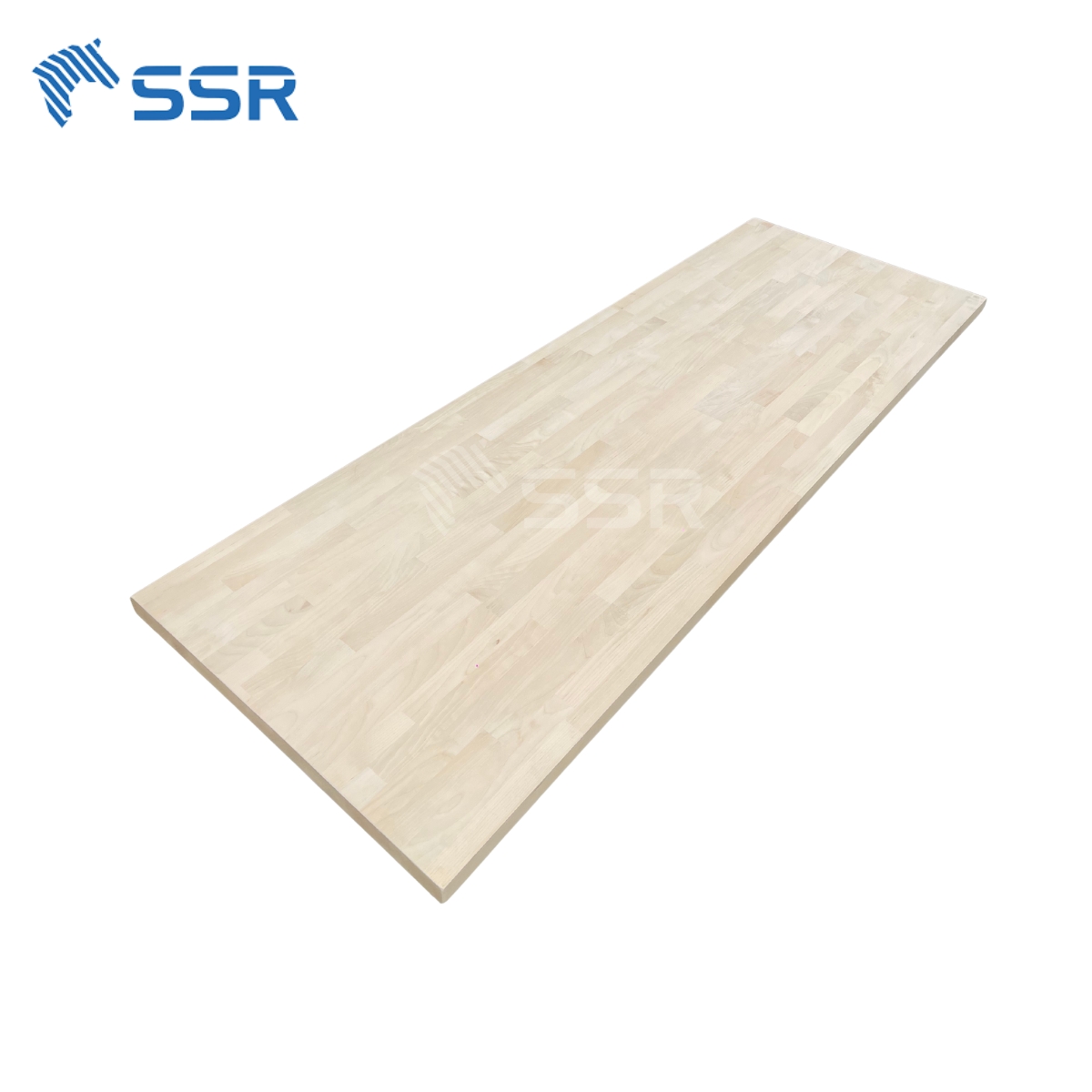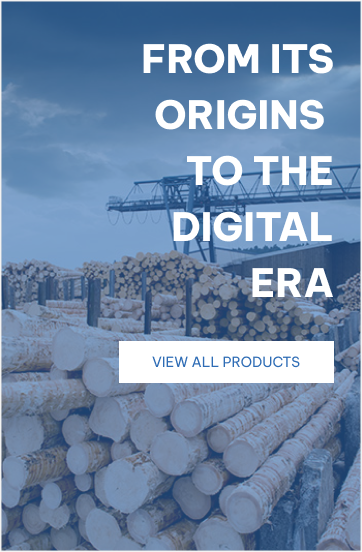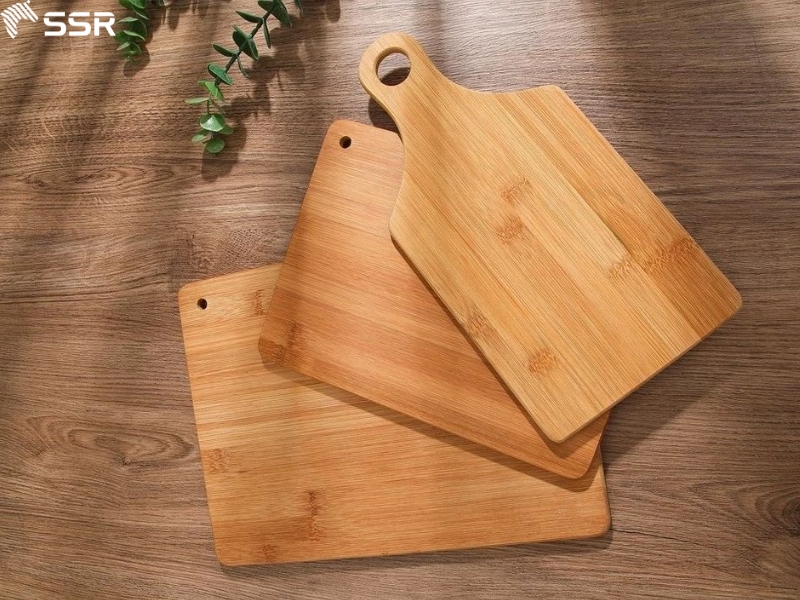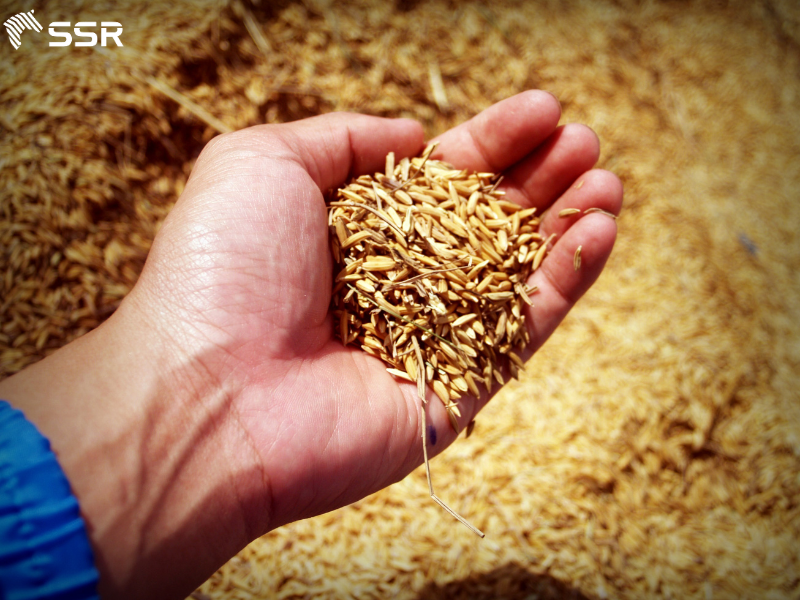NEWS
Pini Kay Briquettes are revolutionizing the way we think about sustainable energy solutions. As a form of biomass fuel, these briquettes are made from compressed wood waste and offer an eco-friendly, cost-effective alternative to traditional fuels like coal and firewood.
This “Pini Kay Briquettes fuel for green ecosystem” article explores how Pini Kay Briquettes not only contribute to reducing environmental impact but also help consumers save energy in a practical and sustainable way.
What are pini kay briquettes?
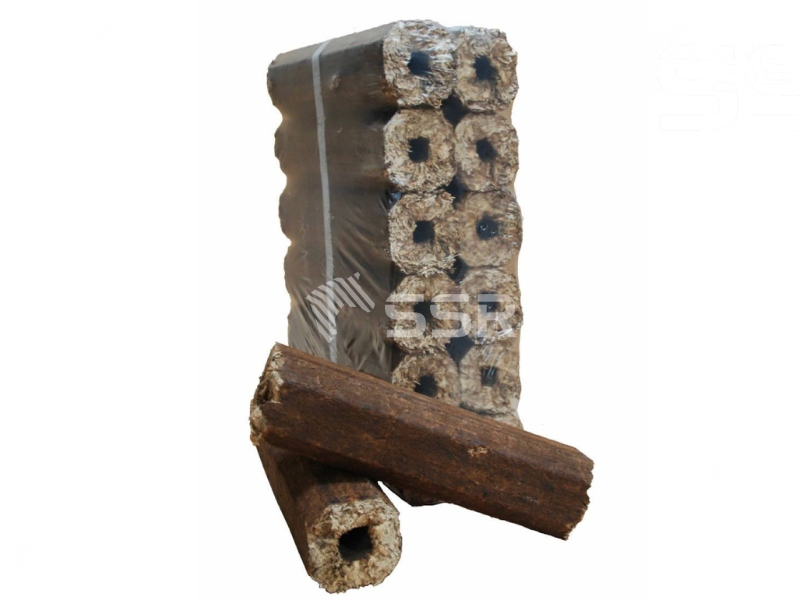
What are pini kay briquettes?
Why Are They Called Pini Kay?
The name “Pini Kay” originates from the shape and the type of extrusion technology used in their production. It often refers to briquettes with a hollow center and a durable outer surface, which helps improve combustion efficiency.
Key Features of Pini Kay Briquettes
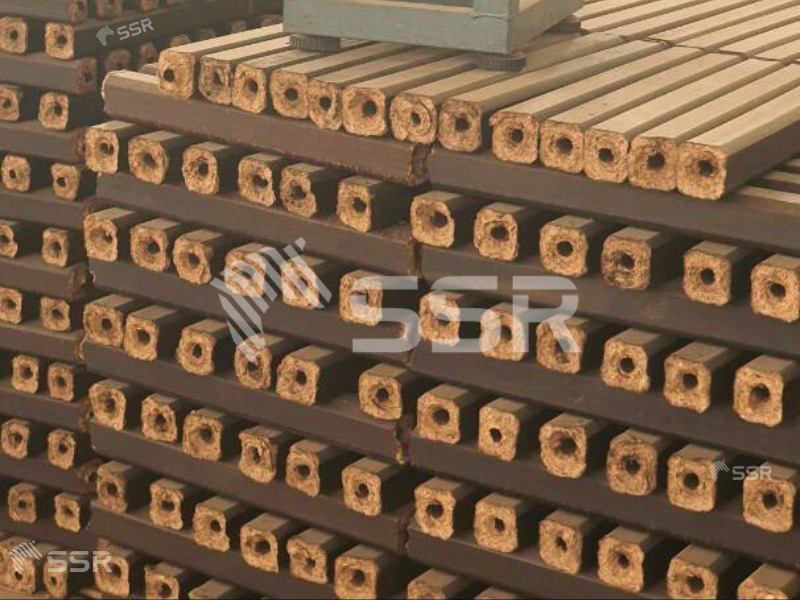
pini kay manufacturing
Material:
- Made from compressed sawdust, wood shavings, or other biomass waste (such as agricultural residues).
- Produced without the use of additives or binders; the natural lignin in the wood acts as a binding agent during compression.
Shape:
- Typically square, rectangular, or hexagonal with a hole through the center (usually cylindrical).
- The hole improves airflow during burning, ensuring better combustion.
Production Process:
- Manufactured under high pressure and heat using specialized extrusion machines.
- The high compression gives the briquettes a dense, durable structure.
Energy Content:
- High calorific value due to their low moisture content (often below 10%) and dense composition.
- Burns longer and hotter than regular firewood.
Common Uses
Heating:
- Widely used in wood-burning stoves, fireplaces, and boilers as a sustainable alternative to firewood or coal.
Cooking:
- Used in outdoor grilling or barbecues due to their clean-burning properties.
Industrial Applications:
- Utilized as a fuel source for industrial boilers or kilns in eco-conscious manufacturing processes.
What are the pros and cons of Pini Kay briquettes?
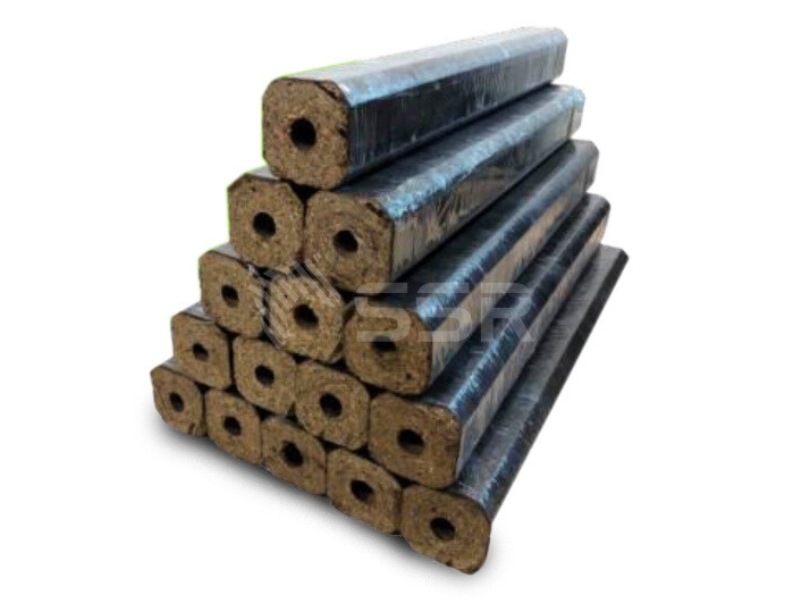
Pini Kay Briquettes
Pros of Pini Kay Briquettes
- High Energy Efficiency:
- Pini Kay briquettes are dense and have low moisture content, making them burn hotter and longer, providing more energy per unit.
- Clean Burning:
- They produce minimal smoke and less ash compared to traditional firewood or other biomass fuels, making them ideal for indoor use.
- Sustainable and Eco-Friendly:
- Made from recycled wood waste, they contribute to reducing deforestation and waste, offering a more sustainable fuel option.
- Consistent Quality:
- With their uniform shape and size, Pini Kay briquettes ensure a steady burn and predictable heat output.
- Longer Burn Time:
- The compact shape and high density allow Pini Kay briquettes to burn for 2 – 4 hours, offering long-lasting heat.
- Space-Saving:
- Their dense composition means they take up less storage space compared to traditional firewood.
Cons of Pini Kay Briquettes
- Higher Cost:
- They tend to be more expensive than traditional firewood or low-density briquettes due to the manufacturing process and raw materials.
- Availability:
- Depending on the region, Pini Kay briquettes may not be as widely available as other forms of biomass or firewood.
- Initial Ignition:
- Pini Kay briquettes may take longer to ignite compared to dry firewood, requiring a proper fire-starting method or kindling.
- Not as Aromatic:
- Some people prefer the natural aroma of burning wood, which Pini Kay briquettes do not offer.
- Storage Needs:
- Although compact, the briquettes still require proper storage to maintain their low moisture content and optimal burning efficiency.
Pini Kay Briquettes making process
- Step 1 – Prepare raw materials: Collect wood waste and dry it to remove moisture.
- Step 2 – Compress at high pressure: Raw materials are put into the press under high pressure to form a solid block. This pressure helps Briquettes have high energy density and long-lasting burning ability.
- Step 3 – Shaping and packaging: Press into bars, carefully packaged for convenient transportation and storage.
Comparing Pini Kay Briquettes to other fuels
According to NREL, IEA, and research from the environmental agency IPCC, there has been a positive assessment of the energy efficiency of biomass, including Pini Kay Briquettes.
| Criteria | Pini Kay Briquettes | Other biomass fuels | Charcoal | Natural Gas |
| Energy Efficiency | 4.7 kWh/kg – High, uniform combustion efficiency | 3.0-4.5 kWh/kg – Depends on biomass source | 2.7 kWh/kg – Lower due to many impurities | 15 kWh/kg – High, stable combustion efficiency |
| CO₂ Emissions | 0.6-1.2 kg CO₂/kg – Lower CO₂ generation than charcoal | Strong variation, depending on the biomass source | 3.8 kg CO₂/kg – Higher emissions than Pini Kay | 0.2 kg CO₂/kWh – Lowest emissions due to complete combustion |
| Renewability | 100% renewable, from recycled wood waste | Diverse, from agricultural and industrial waste | Limited, due to direct exploitation from forests | Exploited from non-renewable natural resources |
| Transportability | Easy to transport, less dust, compact packaging | Complicated, depending on the volume and form of biomass | Quite bulky, prone to dust and pollution | Easy to transport via pipes and gas cylinders |
| Applications | Suitable for heating, light industry, ovens | Agriculture, food industry, cooking | Traditional heating, cooking | The energy industry, heating, household cooking |
Maybe you care: Charcoal – Fuel in the wood industry
What is the future of Pini Kay briquettes?
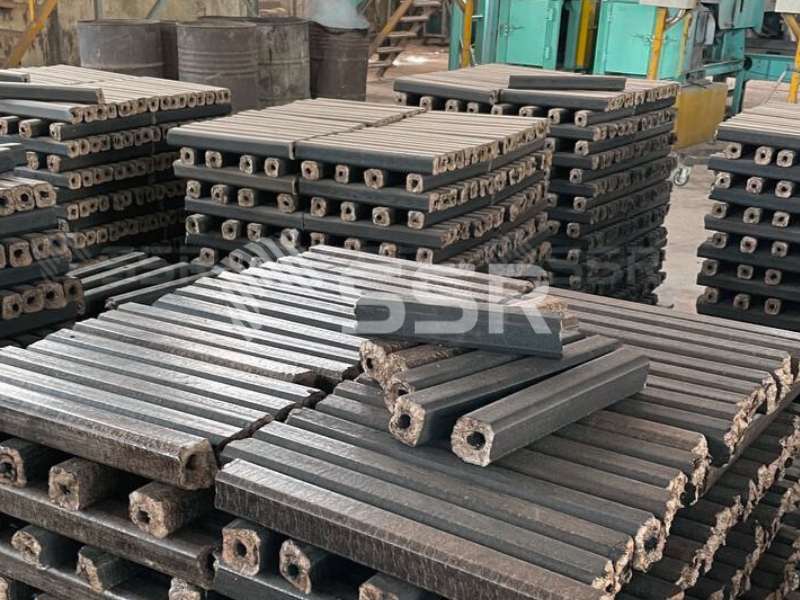
future of Pini Kay briquettes
Featured Products
Acacia Wood Butcher Block Countertops Supplier
Specifications:
- Species: Acacia
- Moisture: < 12%
- Wood Stave (Length): 150-400 mm
- Wood Stave (Width): 30-80 mm
- Length & Width tolerance: 0/+3 mm
- Thickness tolerance: +/- 0.2 mm
- Glue: D4
- Quality: AB, BC or customized
- Surface finish: Sanding 180-240 grit, 2 faces
Rubberwood Finger Joint Board Supplier
- Species: Rubberwood
- Moisture: <12 %
- Wood Stave (Length): 150-600 mm
- Wood Stave (Width): 35-80 mm
- Length & Width tolerance: 0/+3 mm
- Thickness tolerance: +/- 0.2 mm
- Glue: D4
- Quality: AA, AC or customized
- Surface Finish: sanding 240-320 grit, 2 faces
Birch Butcher Block Countertop Supplier
Specifications:
- Species: Birch
- Moisture: < 12%
- Wood Stave (Length): 150-400 mm
- Wood Stave (Width): 20-80 mm
- Length & Width tolerance: 0/+3 mm
- Thickness tolerance: +/- 0.2 mm
- Glue: D4
- Quality: AB, AC or customized
- Surface finish: Sanding 180-240 grit, 2 faces.
Featured News
Related News
Bamboo Cutting Board Tips for Distributors – SSR VINA
Bamboo has become a popular alternative to traditional hardwoods when it comes to kitchen cutting boards. But is it really a good choice for your kitchen? In this guide, we’ll cover everything from the benefits and downsides to care instructions, environmental impact, and FAQs. What is a Bamboo Cutting Board? A bamboo cutting board is […]
Biomass Energy: The Natural Powerhouse of Renewable Energy
In the search for sustainable energy solutions, biomass stands out as one of the most promising alternatives to fossil fuels. But what exactly is biomass, and why is it gaining attention around the world? Let’s explore how this natural energy source works, where it’s used, and what the future holds. What Is Biomass? Biomass refers […]
